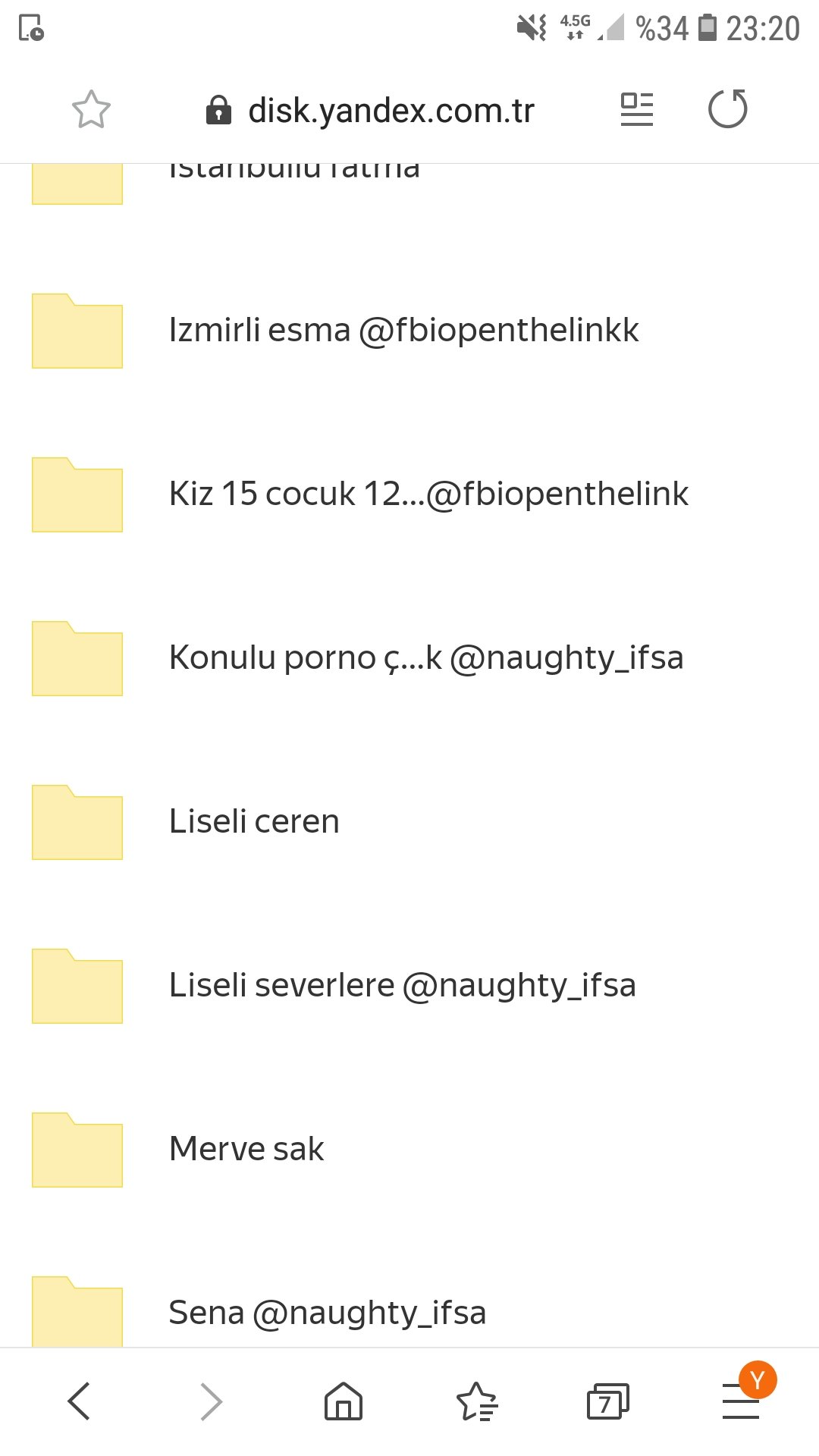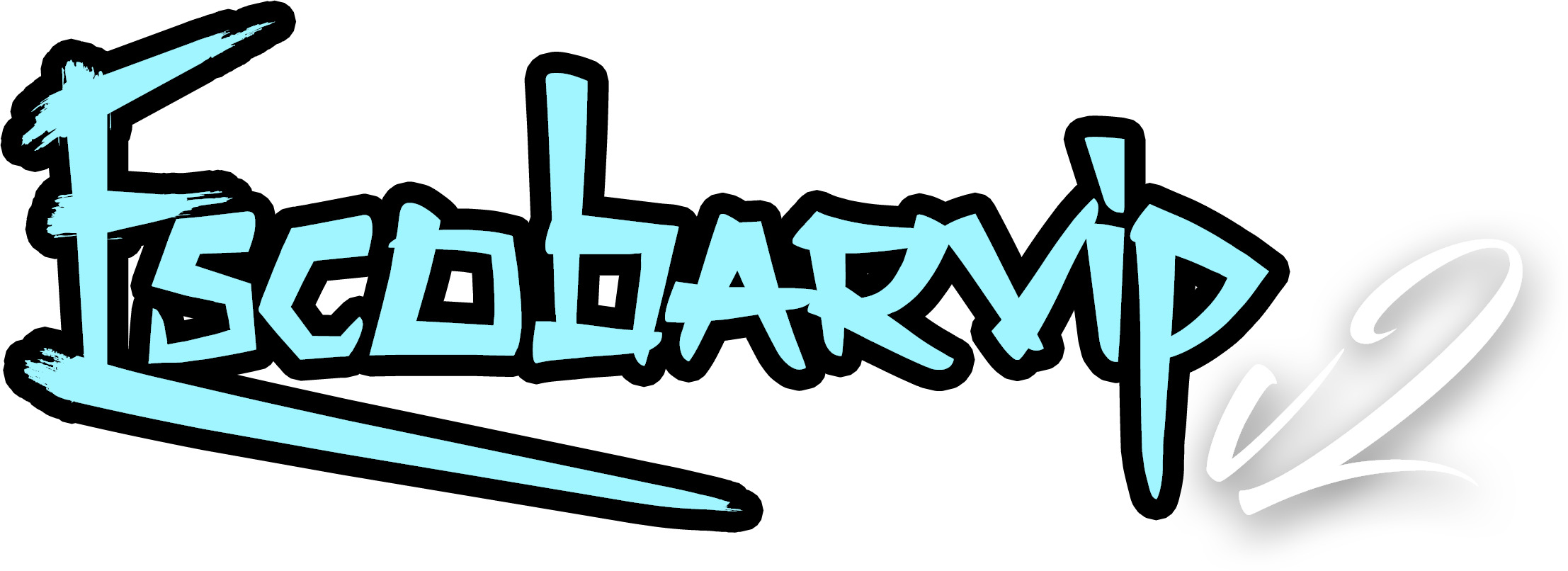Understanding Türk Ifsa Sotwe: A Guide To Digital Privacy
In our fast-paced digital world, it's pretty easy to feel a bit overwhelmed by all the new terms and ideas that pop up, especially when they touch on something as personal as our online safety. You know, like, keeping your digital life private is a really big deal for everyone these days. So, when we hear phrases like "türk ifsa sotwe," it's completely natural to wonder what exactly that means and why it might matter to you. This phrase, which you might come across, points to some important ideas about privacy, information sharing, and how we all move around on the internet.
This article is here to help clear things up, giving you a better picture of what "türk ifsa sotwe" generally refers to and, more importantly, how it connects to your own digital well-being. We aim to break down the concept in a way that feels easy to grasp, without getting lost in overly technical talk. After all, protecting your personal information online should be something everyone can understand and act on, not just those who work with computers all the time.
We'll talk about how information travels online, and how, you know, just like news updates reach us through various channels, whether it's local broadcasts or national reports, digital information can spread very quickly. Sometimes, this rapid sharing can bring about concerns, especially when it involves private details. This guide will help you get a handle on what this term might imply for your online life and how you can feel more secure in your digital spaces, giving you some good ways to protect yourself and your information.
- Asianbunnyx Leaks
- Duck Dynasty The Wealth Of Willie Robertson
- Leaked Scarswonderland
- Iran And Pakistan Map
- Two Babys One Fox
Table of Contents
- What is Türk Ifsa Sotwe, Really?
- Why This Topic Matters for Your Online Safety
- Common Concerns and How to Think About Them
- Steps to Boost Your Digital Defenses
- Addressing Misinformation and Staying Informed
- Frequently Asked Questions About Türk Ifsa Sotwe
What is Türk Ifsa Sotwe, Really?
Unpacking the Term
When you see "türk ifsa sotwe," it’s really important to break down what these words mean. "Türk" simply refers to Turkish, which points to the origin or context of the term. The word "ifsa" in Turkish generally means "exposure," "disclosure," or "revealing." It often carries a sense of something being brought into the open that was previously private or hidden. Then, "sotwe" is actually a common misspelling of "software." So, when you put it all together, "türk ifsa sotwe" basically points to "Turkish exposure software" or "Turkish disclosure software." This phrase usually relates to digital tools or methods that might be used to reveal or share information, sometimes private details, in a way that wasn't intended. It's a term that has, you know, gained some attention in discussions about online privacy and the sharing of personal content.
Understanding this meaning is pretty key to grasping the discussions around it. It's not about a specific, widely recognized program, but rather a general term that people use to talk about the act of exposing private digital content. This could involve anything from personal photos to private messages, and it highlights a broader concern about digital boundaries. In a way, it’s about how easily information can move around in the digital world, and the potential impact when that information is sensitive. As a matter of fact, it really brings to light the ongoing challenge of keeping our digital lives secure in an age where so much is shared online.
The Digital Landscape
Our online world is always changing, isn't it? It's a place where we connect with friends, share our lives, and find out about things happening all over. But, like any big, open space, it also has its hidden corners and challenges. The idea of "türk ifsa sotwe" comes from these challenges, especially when we talk about privacy. It highlights how digital tools, even simple ones, could potentially be used in ways that aren't good for people's personal information. This isn't just about big, complicated hacking; sometimes, it's about how easily things can be shared or found if we're not careful with our digital footprints. For instance, think about all the apps we use daily; each one handles our data a little differently, and understanding that is quite important.
- Ymaal
- Unveiling The Charismatic Actor From Mad Men A Journey Through Talent And Fame
- From Champion To Inspiration Ronnie Coleman Now
- Aishah Sofey Only Leak
- Houses For Sale In Iran
The digital landscape today means that information, whether it's a news update about local events or details about a cruise vacation, can spread globally in moments. This quick spread, while great for sharing public news, can be a concern when it comes to private information. So, the phrase "türk ifsa sotwe" acts as a reminder that we need to be aware of how our data is handled and where it might end up. It's about being smart about what we put out there and what tools we use. Really, it's about making sure our digital experiences are safe and sound, and that we keep our personal details just that: personal.
Why This Topic Matters for Your Online Safety
Protecting Your Personal Space
When we talk about "türk ifsa sotwe," we're really talking about something very important: your personal space online. Just like you wouldn't want someone walking into your home without an invitation, you also don't want your private digital information to be seen or shared without your say-so. This term brings to mind the idea that digital tools can, sadly, be used to break into that personal space. It's a reminder that we need to be very careful about what we put online and who we trust with our data. For example, sharing too much on social media or using apps that ask for a lot of permissions can sometimes leave our personal space a bit open. So, knowing about terms like this helps us think more carefully about our online actions.
It's about having control over your own story and your own information. When private things get exposed, it can feel really upsetting and can even cause problems in real life. That's why understanding the risks associated with concepts like "türk ifsa sotwe" is pretty vital. It helps us take steps to keep our digital boundaries strong. We all deserve to feel safe and secure when we're online, and being aware of these kinds of issues is a big part of making that happen. You know, it's about being proactive rather than reactive when it comes to your privacy.
The Spread of Information
Information travels incredibly fast these days, doesn't it? Think about how quickly news can spread, whether it's a big national story or something happening right in your town, like an update from a local news channel. This rapid spread is usually a good thing for keeping us informed, but it also means that private information, if it gets out, can spread just as quickly. The concept of "türk ifsa sotwe" highlights this speed and the potential for unauthorized disclosure. It's a bit like a ripple effect; one small leak can become a huge wave across the internet before you know it. This is why being careful about what you share, even with people you trust, is very important.
Understanding how information spreads is a key part of staying safe online. It's not just about what you post, but also what others might post about you, or what data might be collected without your full awareness. This topic encourages us to think about the digital paths our information takes. It also makes us consider the responsibility that comes with sharing. In a way, it's about being a good digital citizen, both in protecting your own information and in respecting the privacy of others. So, you know, it’s a two-way street when it comes to keeping things safe and respectful online.
Common Concerns and How to Think About Them
Privacy in the Digital Age
Privacy online is a really big topic, and it's something that a lot of people worry about. With so much of our lives now happening on the internet, from talking to family to doing our banking, keeping our personal details safe feels more important than ever. The term "türk ifsa sotwe" touches on this very concern, pointing to situations where private information might become public without permission. It makes us think about the line between what's public and what should stay private in our digital lives. For example, many of us use social media, and deciding what to share there is a constant balancing act between connecting with others and keeping our personal lives secure.
It's a challenge, to be honest, because the internet is designed to share information. So, figuring out how to keep some things just for ourselves requires a bit of thought and effort. This concern about privacy isn't just about secret documents; it's about our everyday photos, our conversations, and even our location data. It really makes us question who has access to our information and what they might do with it. As a matter of fact, this ongoing conversation about digital privacy is something we all need to be part of, making sure we understand our rights and the tools available to protect ourselves.
Ethical Considerations
Beyond just the technical side of things, the idea of "türk ifsa sotwe" also brings up some really important questions about right and wrong, or what we call ethical considerations. It's about how people choose to use digital tools and information. Is it okay to share someone else's private pictures, even if you found them online? Is it right to use software that might expose personal details without consent? These are not just legal questions, but moral ones too. Every time we interact online, we're making choices that affect others, and those choices have consequences. You know, it's about treating others with respect in the digital space, just like you would in person.
Thinking about these ethical sides is pretty crucial for everyone who uses the internet. It helps us build a more respectful and safer online community. When we understand that our actions can impact someone's privacy and well-being, we're more likely to make responsible choices. This includes thinking about the source of information, especially if it seems to reveal private details about someone else. So, it's not just about protecting ourselves, but also about being thoughtful and considerate towards others online. In a way, it's about building a better internet for everyone, one ethical decision at a time.
Steps to Boost Your Digital Defenses
Strong Passwords and Two-Factor Authentication
One of the easiest, yet most effective, ways to keep your online life safe is to use really strong passwords. Think of your password as the lock on your digital door; the stronger the lock, the harder it is for someone to get in. A good password is long, maybe 12 characters or more, and mixes up letters, numbers, and symbols. It's also a good idea to use a different password for each important account, so if one gets found out, the others are still safe. You know, it's like having a different key for every room in your house.
Even better than just a strong password is adding something called two-factor authentication (2FA). This is like having a second lock on your door. With 2FA, even if someone figures out your password, they still need a second piece of information, like a code sent to your phone
- Morten Harket The Voice Of Aha And His Enduring Legacy
- Unveiling The Charismatic Actor From Mad Men A Journey Through Talent And Fame
- Horses Mating
- Denzel Washington Training Day
- Richard Hoffman Police

Türk Ifsa Pelin on Twitter: "20 gb türk ifşa arşivi https://t.co

Ifsa sotwe

TÜRK ÜNLÜ İFSA (20K)🔥 on Twitter: "Mine Tugay 🔥🔥🔥…